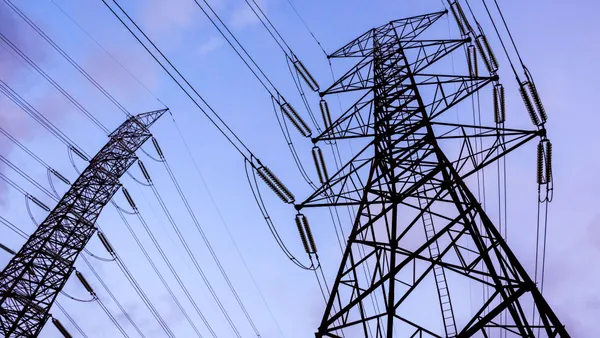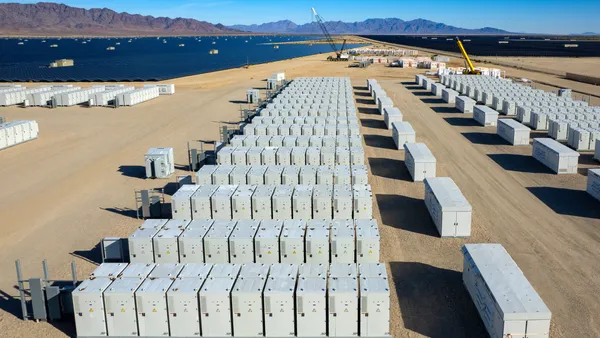Dive Brief:
-
Commonwealth Edison is moving ahead with its Bronzeville microgrid project in Chicago, despite the fact that microgrids provisions were stripped from Illinois’ recently passed energy legislation, Midwest Energy News reports.
-
ComEd’s original plans called for a 10 MW microgird in the Bronzeville neighborhood. The size of the microgrid will now be matched to available funding, with ComEd planning to ask regulators to allow it to ratebase some of the costs.
- ComEd has already received a $1.2 million grant from the Department of Energy to develop a microgrid controller and a $4 million grant from the DOE’s Sunshot Initiative to study how large amounts of solar and batteries can be integrated onto a microgrid.
Dive Insight:
The Future Energy Jobs Bill just passed in Illinois contained provisions for a wide swath of energy initiatives, but many other proposals — like residential demand charges, net metering changes and rate-based funding for five microgrids — were left out of the final version.
The deleted provisions would have given ComEd up to $250 million for its microgrid ambitions. Critics said the cost was too high, and the funding was removed. But ComEd is still forging ahead with the Bronzeville microgrid, which already secured two federal grants.
The project is a favorite of ComEd CEO Anne Pramaggiore, who touted it as a “blueprint for other utility-owned microgrids around the country" in a Utility Dive interview this March. The microgrid would help the utility study integration of solar and storage technologies and also act as an economic development driver for Bronzeville, a neighborhood on the South Side of Chicago that's known hard times.
Pramaggiore said the public interest of that development justified the utility's request to ratebase the microgrid, along with the four other projects that would have served critical infrastructure locations, like hospitals or airports.
“I don’t think we're going to go build a microgrid for a private manufacturing firm. That's not our job," she told Utility Dive. "But for something that creates general public benefit, I think that’s what we do. That's what our socialization mechanism does.”
Legislators may have disagreed, but the utility now appears to be taking its case to the Illinois PSC. Executives told Midwest Energy News they hope to argue their case for regulators "in short order."














